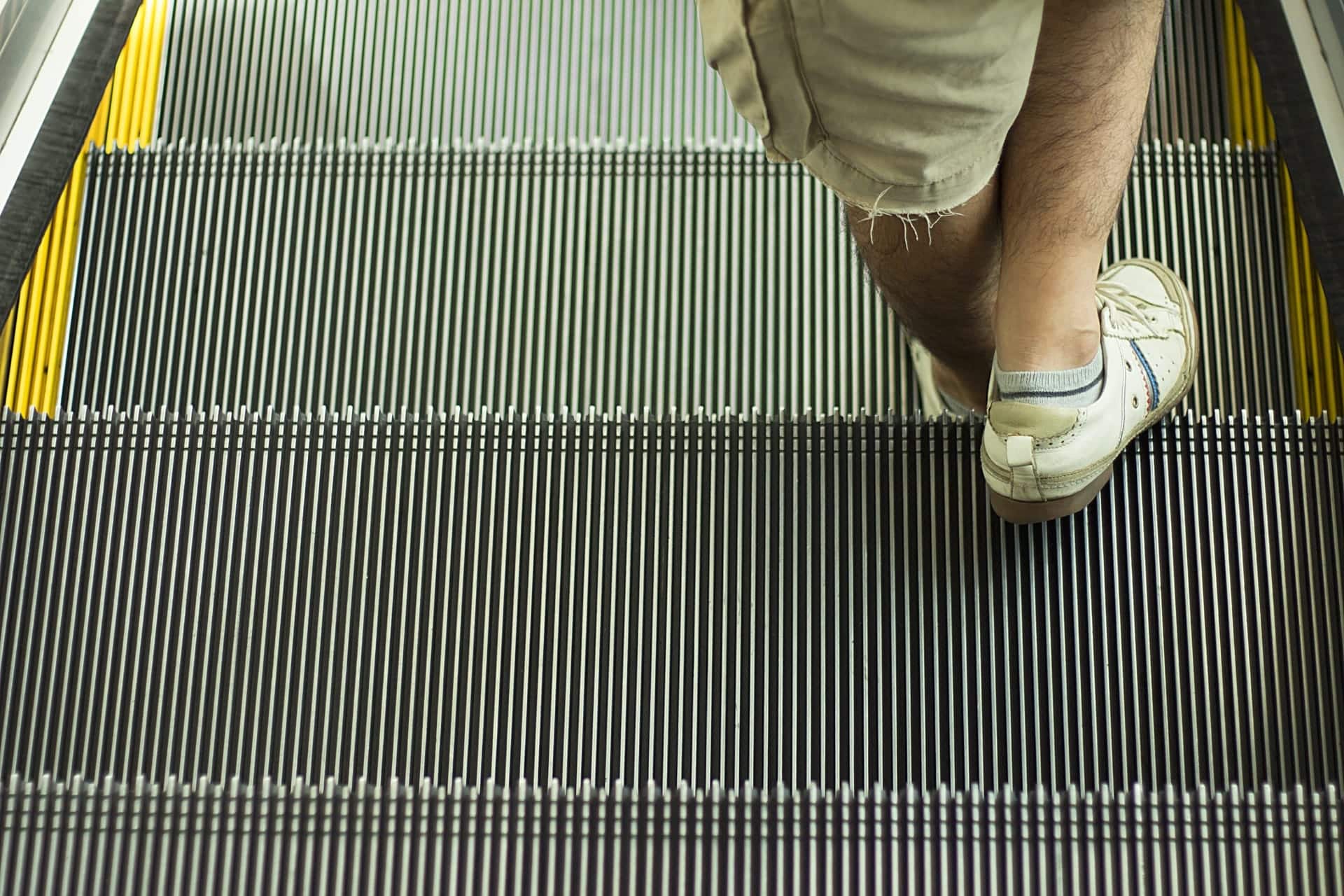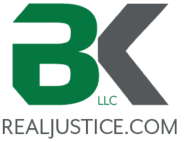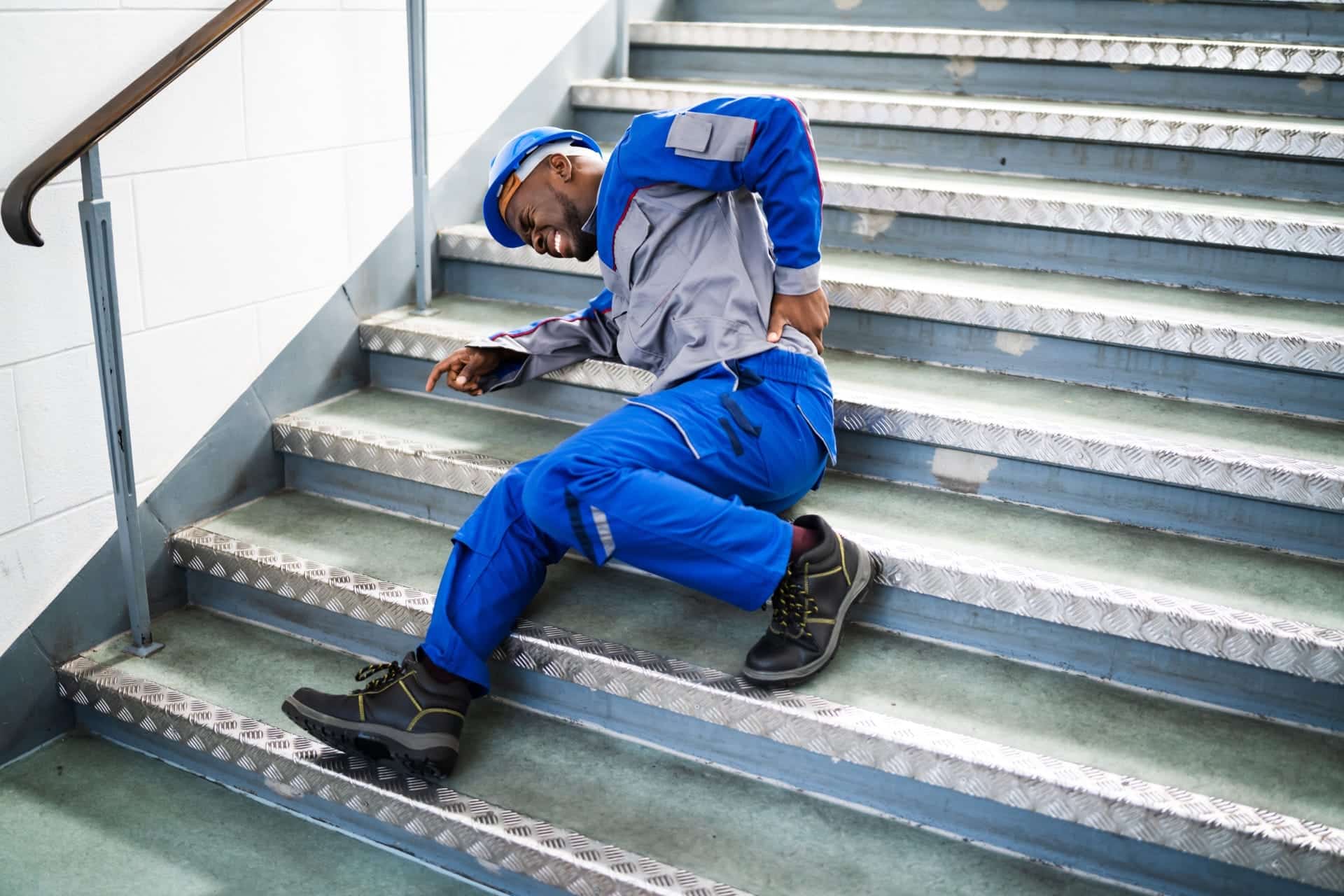
Property owners in Florida have the legal obligation to maintain a safe environment.
If you were injured because of the negligence of a property owner, you might have a strong enough case to file a premises liability claim.
To ensure you file the most persuasive claim, you should hire a premises liability attorney who knows how businesses in Florida operate and how the law affects them.
Let’s look at a few of the things you—and your attorney—should know before filing a claim.
Table of Contents
What is Premises Liability?
Premises liability requires a property owner to assume legal liability for any injuries visitors suffer while on the property. Unsafe conditions and one or more hazards represent the two most common reasons for filing a claim. "Slip and Fall" cases are one common example. You have the right to file a claim regardless of whether the property owner knew about a hazard or unsafe condition. However, if your attorney can prove a property owner intentionally created unsafe conditions, you might receive more money in just compensation for intentional negligence.
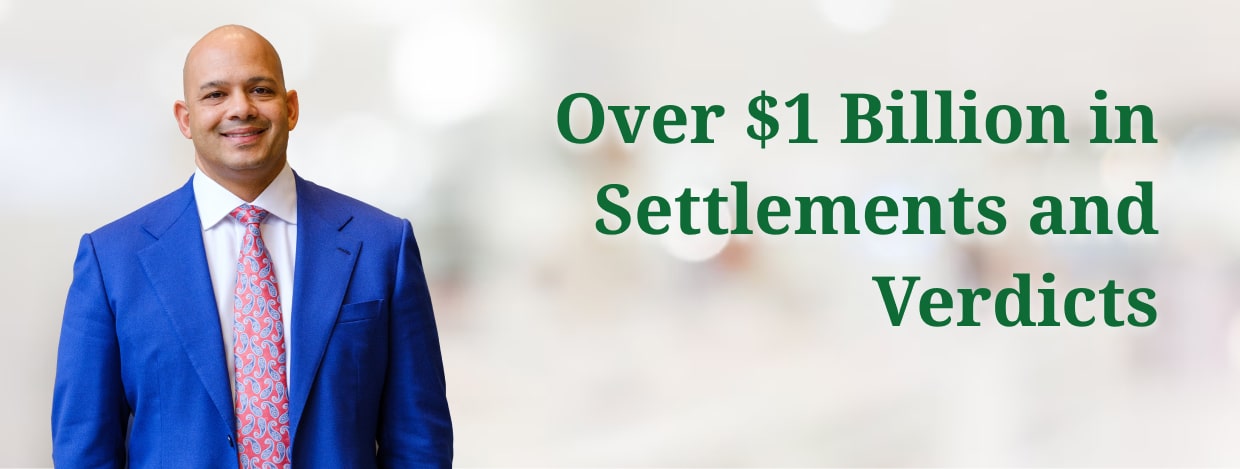
Five Steps To Take After a Premises Liability Accident
How you react after you suffer injuries while on another party’s property will determine the success of any liability claim. You should follow five steps.
- Call law enforcement
- Contact the property owner or manager
- Collect and organize evidence
- Receive medical care
- Speak with a premise liability attorney
#1 Call Law Enforcement
Contacting law enforcement sets in motion an investigation that eventually produces the official incident report. If you feel pressure not to call the nearest law enforcement agency, that’s when it’s most important that you do!#2 Contact the Property Owner or Manager
The property owner or manager might not be on-site when you’re hurt on their property. This is especially true for commercial properties like chain stores or groceries. Alerting the property owner or manager gets an insurance company involved in the compensation process, so it’s a key early step.#3 Collect and Organize Evidence
If you feel up to it, collect and organize evidence to turn over to your lawyer. Taking photos of the scene can bolster the strength of your case, for example. You also should speak with witnesses and write down their names and contact information for your attorney.#4 Get Medical Care
If you suffer serious injuries, you need to move this step in the process to the top of your list. Make sure to schedule an appointment with your doctor as soon as possible to expedite the premises liability claim process. Getting medical care for any type of injury is important for your health—it also creates the documents you need to demonstrate you got hurt while on someone else’s property.#5 Contact A Premises Liability Attorney
Your best chance winning a favorable legal judgment involves hiring an experienced premises liability lawyer. An attorney conducts a thorough review to determine the best course of legal action. You also learn about the litigation process and your role in it.What Types of Evidence Do I Need to Build a Strong Case?
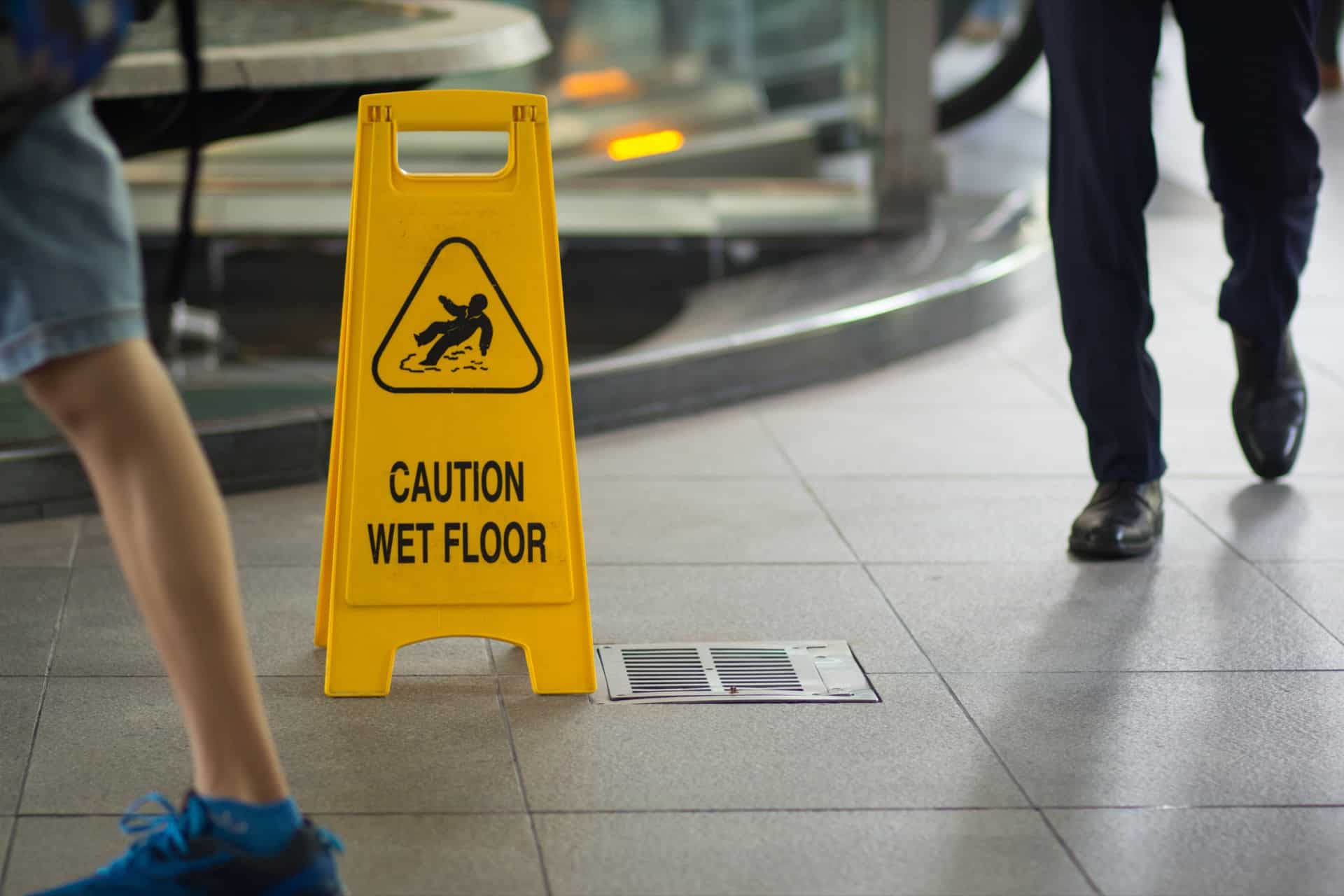 Evidence is everything when proving negligence for a premises liability claim. Although the official incident report created by law enforcement carries the most influence during a civil lawsuit, any additional evidence you present can boost the strength of your case.
With the help of your lawyer, you should submit the following types of evidence:
Evidence is everything when proving negligence for a premises liability claim. Although the official incident report created by law enforcement carries the most influence during a civil lawsuit, any additional evidence you present can boost the strength of your case.
With the help of your lawyer, you should submit the following types of evidence:
- Incident report
- Photographs
- Security camera footage
- Property ownership records
- Insurance policies
- Healthcare bills and documents
- Paycheck information
- Witness accounts
- Statements made by expert witnesses
Four Elements Of A Successful Claim In Florida
According to Florida law, you must demonstrate the presence of four elements to file a claim for negligence.
- Duty of care
- Breach of the duty of care
- Breach of the duty of care caused your injuries
- You suffered financial losses
#1 Duty of Care
Florida law does not make property owners legally liable for everyone that gains access to their properties. For example, a property owner does not owe a duty of care to a trespasser who received injuries while on the property. On the other hand, a property owner owes a duty of care to people who receive an invitation to attend a business event or receive permission from a property owner for a social reason.#2 Breach of the Duty of Care
After your attorney establishes the duty of care, the next step in the process to prove negligence is to submit persuasive evidence the property owner breached the duty of care doctrine. This is the first step when evidence plays an important role in determining the outcome of a premises liability claim.#3 Breach of the Duty of Care Caused Your Injuries
Evidence also plays a significant role in proving the breach of the duty of care caused your injuries. Most private and commercial property owners install security cameras around their properties. Obtaining the footage shot at the time of the incident can help you prove breach of the duty of care caused your injuries.#4 You Suffered Financial Losses
Proving negligence does mean the judge hearing your premises liability claim will award you monetary damages. You also have to show the court proof you suffered financial losses. Medical expenses typically represent the most money awarded in premises liability cases. Presenting copies of your medical bills and bank statements demonstrate the amount of money you lost because of an incident on another party’s property.What Else Can We Help You With?
If you think you have a premises liability claim, schedule a free case evaluation with BK Law and we will help you move forward. One of our experienced and highly-rated attorneys will review the evidence and give you our guidance. We operate on a contingency fee basis, which means you do not pay upfront legal fees for us to litigate your case.
Personal Injury Practice Areas
Car Accident
Truck Accident
Uber Accident
Scooter Accident
Bicycle Accident
Boating Accident
Medical Malpractice
Wrongful Death
Slip and Fall
Construction Accident
Jet Ski Accident
Workers Compensation
Catastrophic Injury
Pedestrian Accident
Pool Accident
Premises Liability
Bus Accident
Motorcycle Accident
Dog Bite Accident

